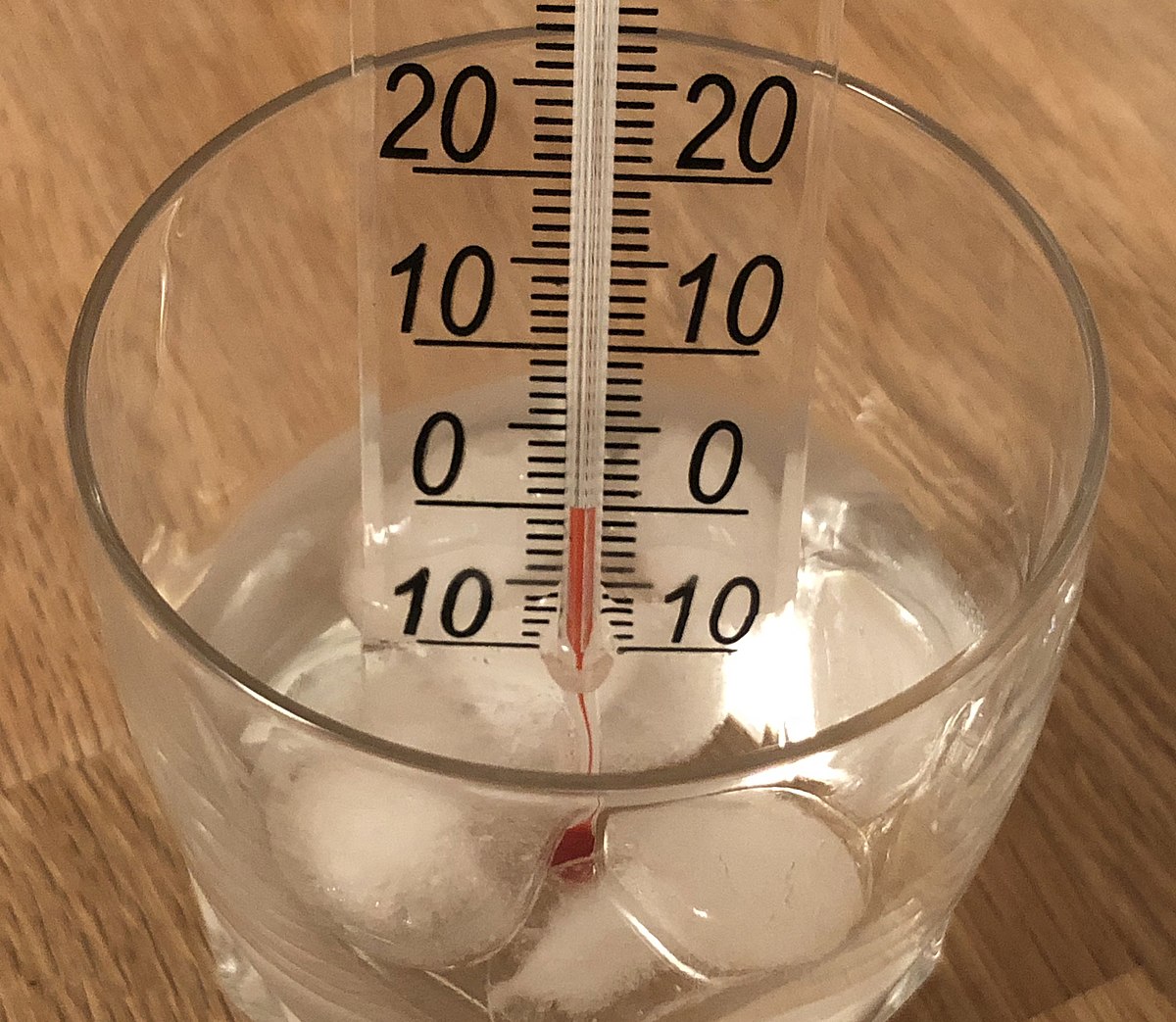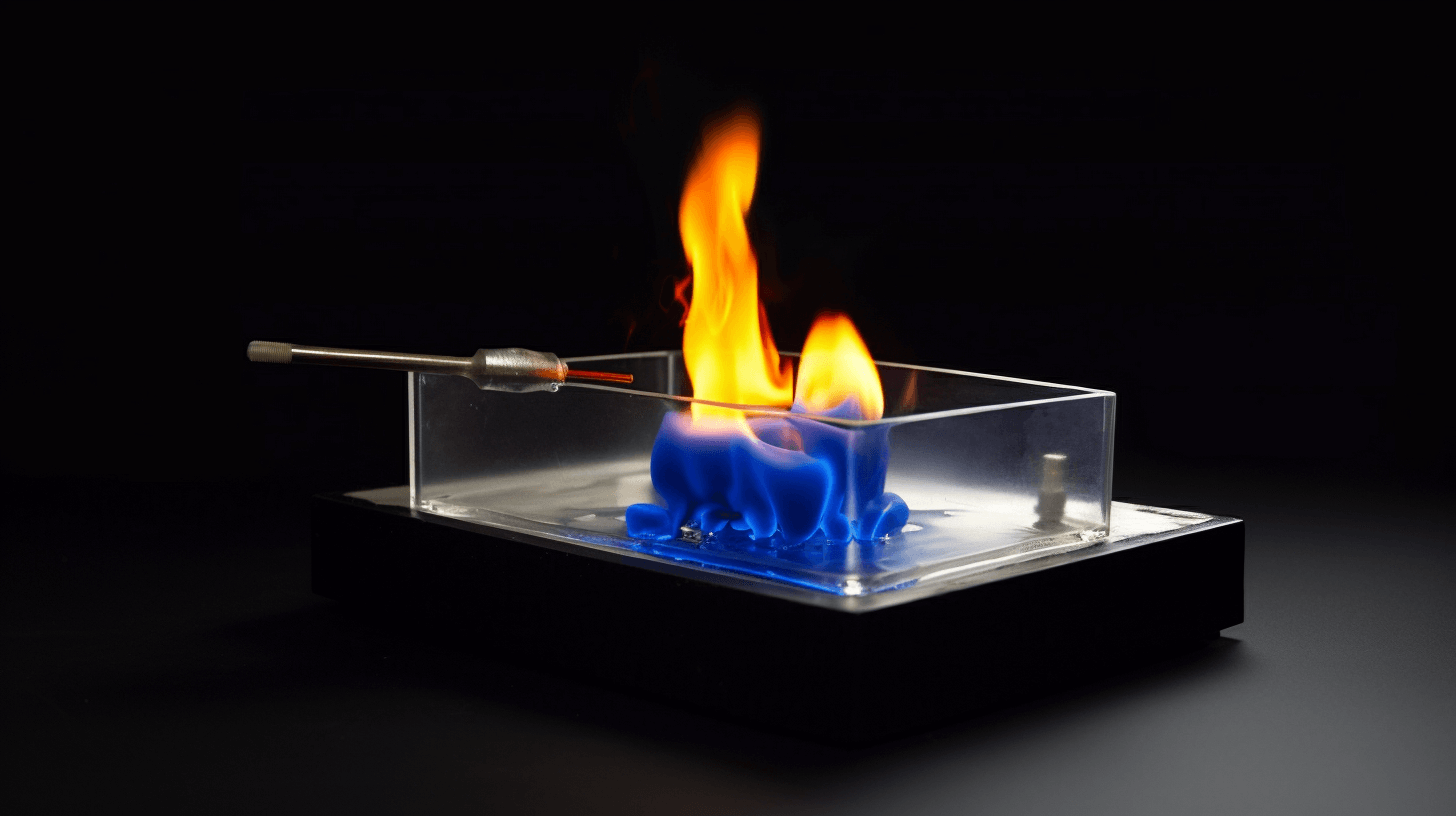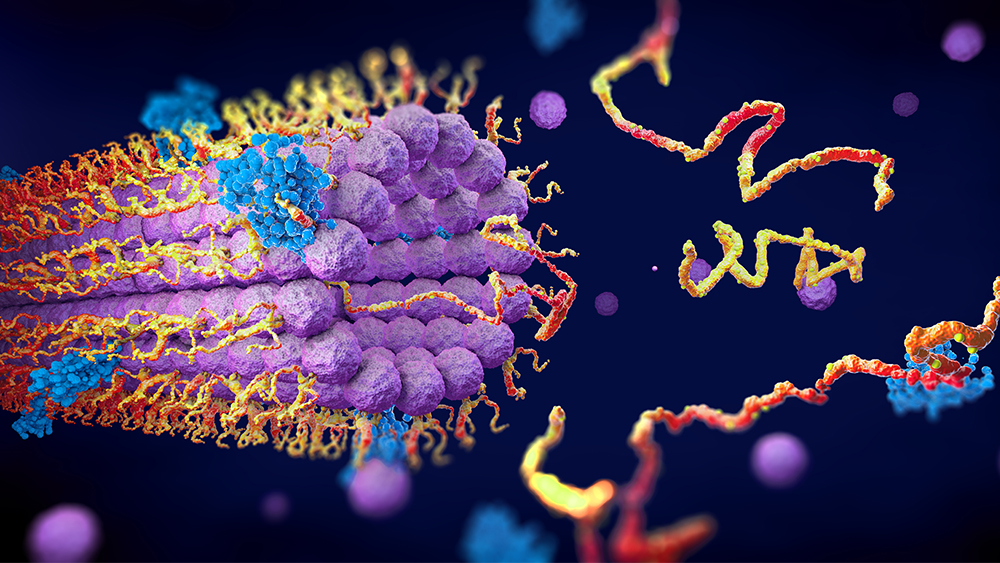Home>Weather and Climate>How Cold Is Ice? Understanding Its Temperature Range


Weather and Climate
How Cold Is Ice? Understanding Its Temperature Range
Published: November 29, 2024
Explore the cold world of ice and its impact on weather and climate. Understand the temperature dynamics and its significance in the environment.
(Many of the links in this article redirect to a specific reviewed product. Your purchase of these products through affiliate links helps to generate commission for Temperatures.com, at no extra cost. Learn more)
I've always been fascinated with how cold ice feels, especially when holding it in my hand. It's like nature's own cooling system, isn't it? So, let's dive into understanding ice's temperature and why it feels so cold.
Ice forms at 0 degrees Celsius (32 degrees Fahrenheit), which is the freezing point of water. This temperature is crucial for ice to maintain its solid state. Below this point, water molecules slow down enough to bond together, creating a solid form. But here's where it gets interesting: ice can get much colder than its freezing point if the surrounding environment's temperature drops. It absorbs heat from its surroundings, which makes it feel even colder to the touch.
Now, why does ice feel so cold? It's all about heat transfer. Our skin is warmer than the ice, so when we touch it, heat moves from our skin to the ice, making our nerves react to the rapid loss of warmth. That's why holding ice can sometimes feel painfully cold.
In colder regions, ice temperatures can plummet, reaching -40 degrees Celsius or lower, depending on atmospheric conditions. At these extremes, ice doesn't just cool drinks; it shapes landscapes, forms glaciers, and even supports ecosystems.
So, next time you're holding a cube of ice, remember, you're experiencing a fascinating natural phenomenon: the transfer of energy between states of matter, all happening right in the palm of your hand.
















